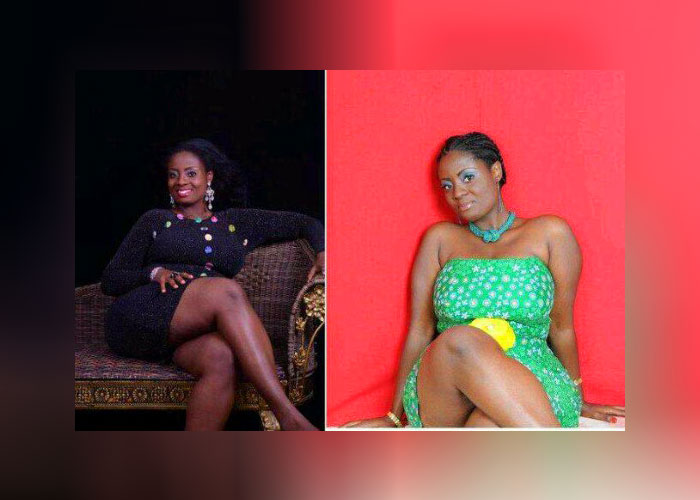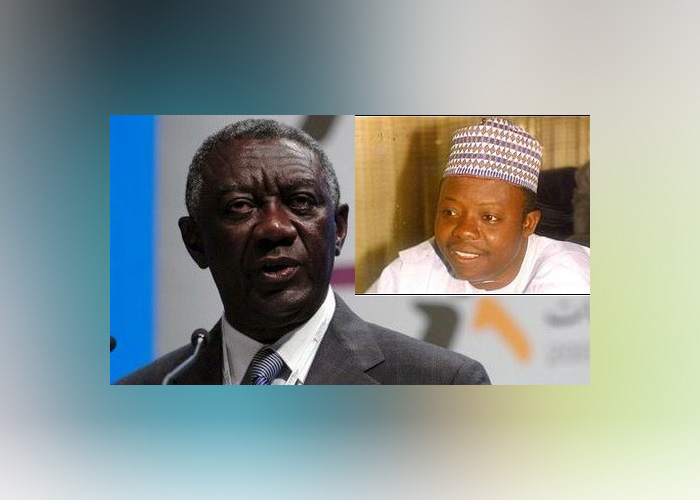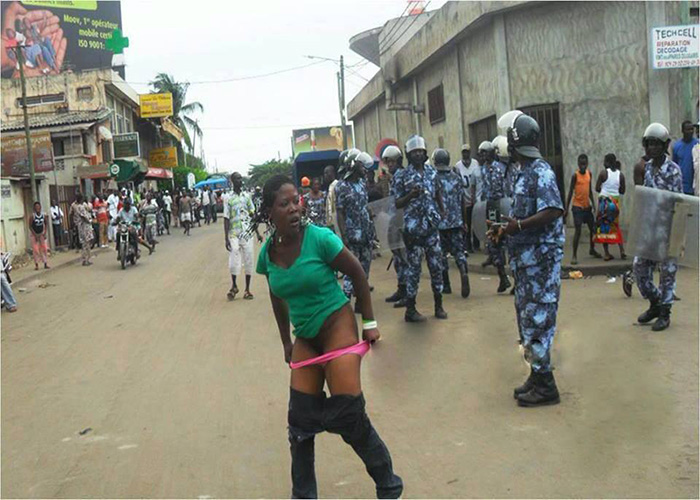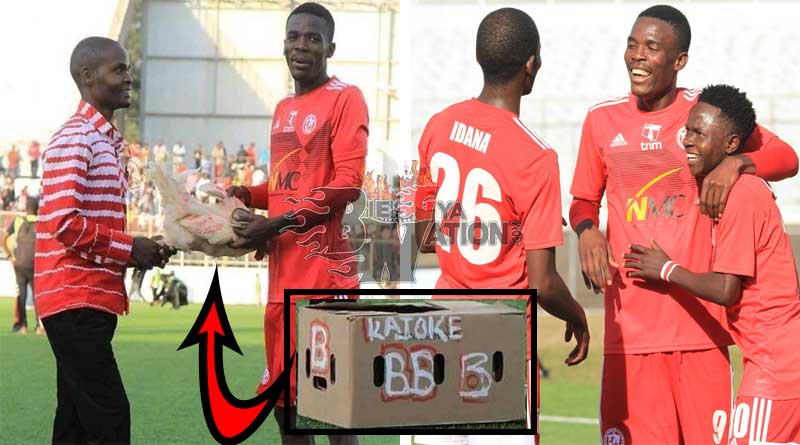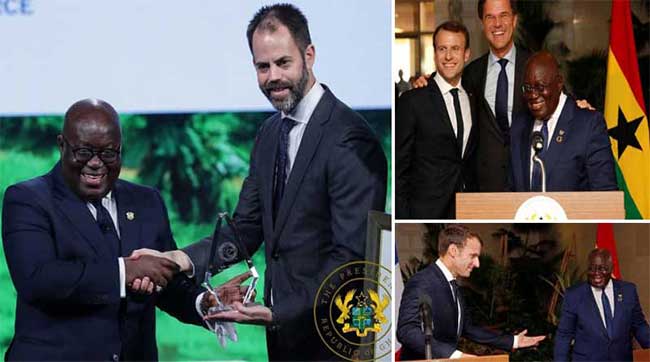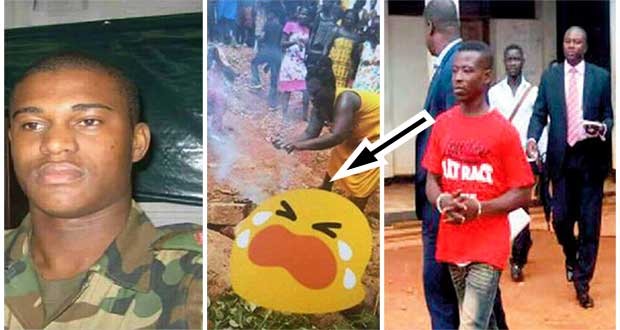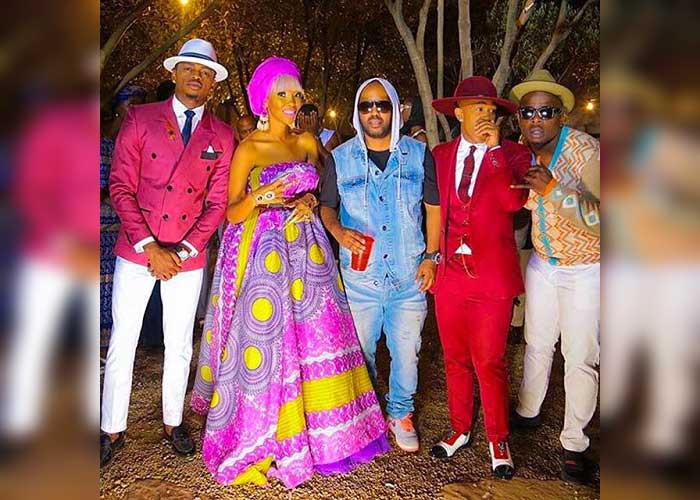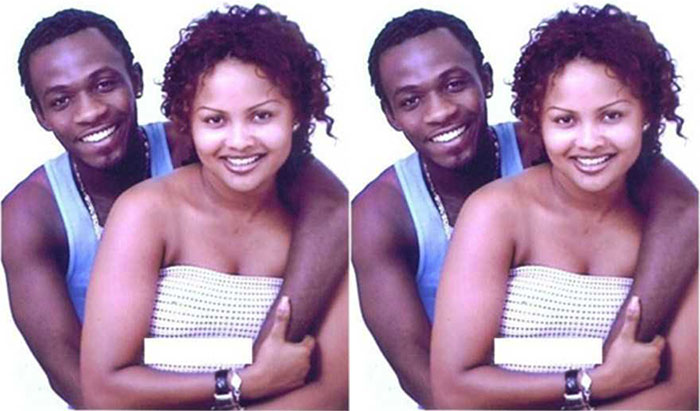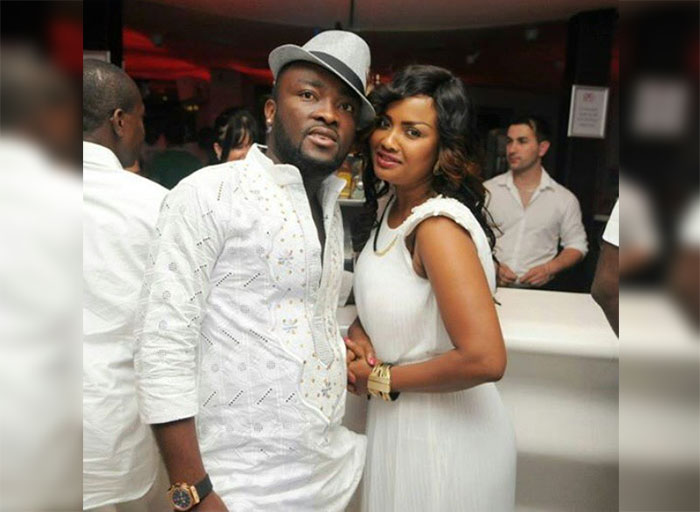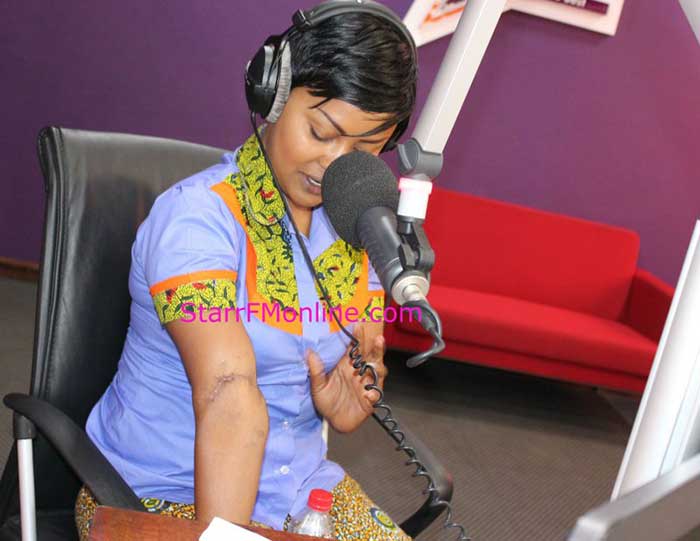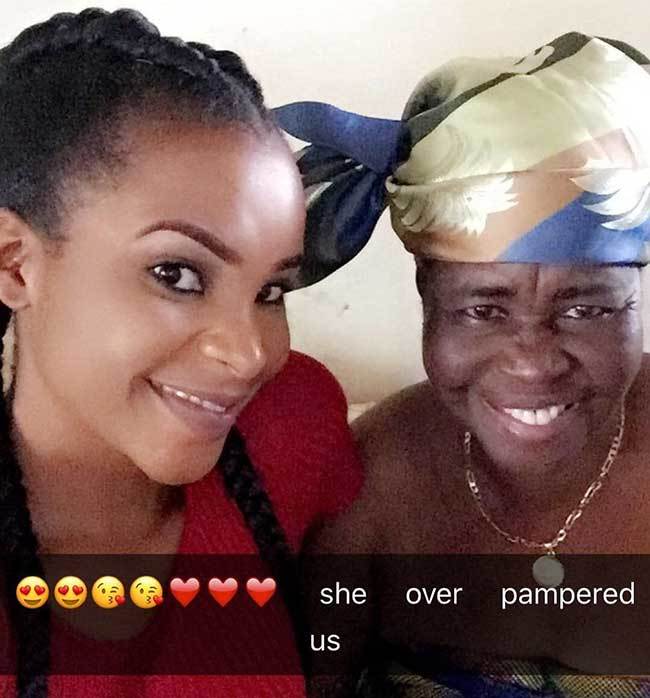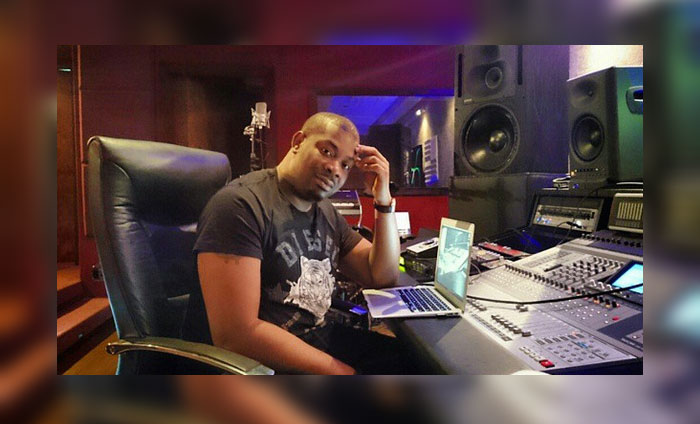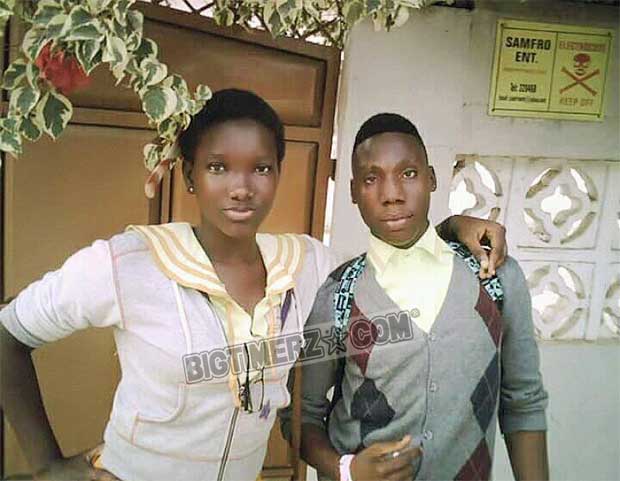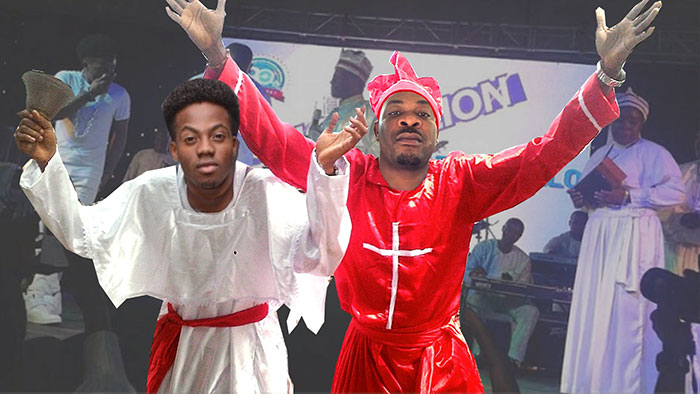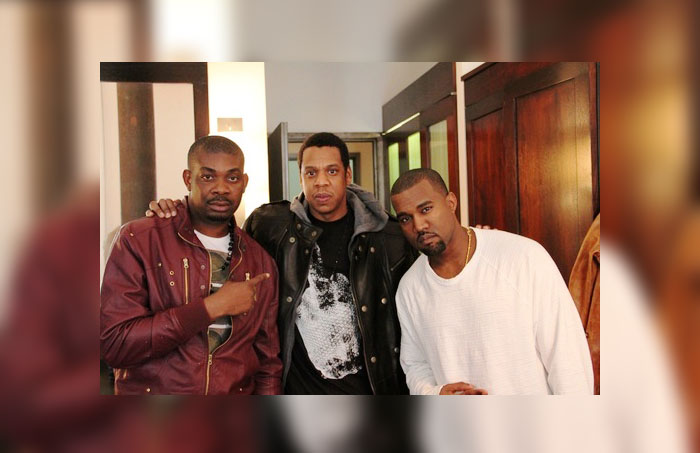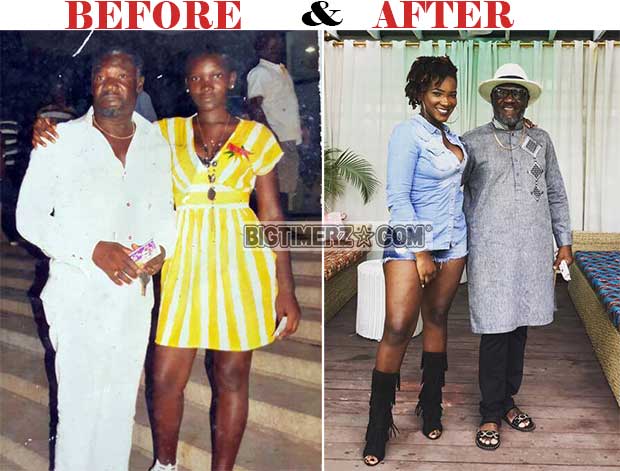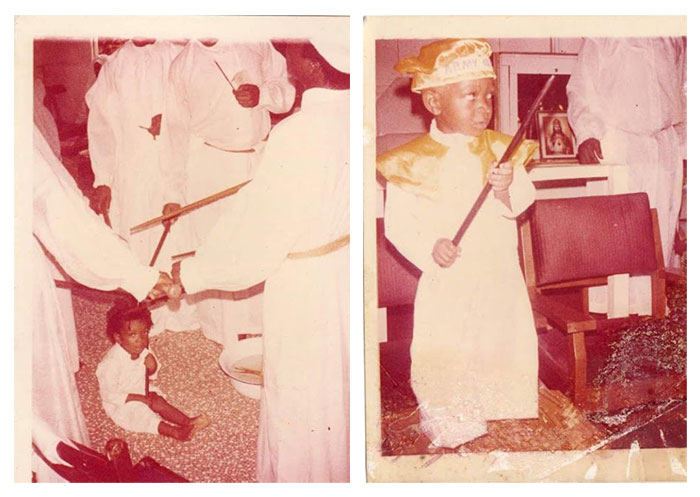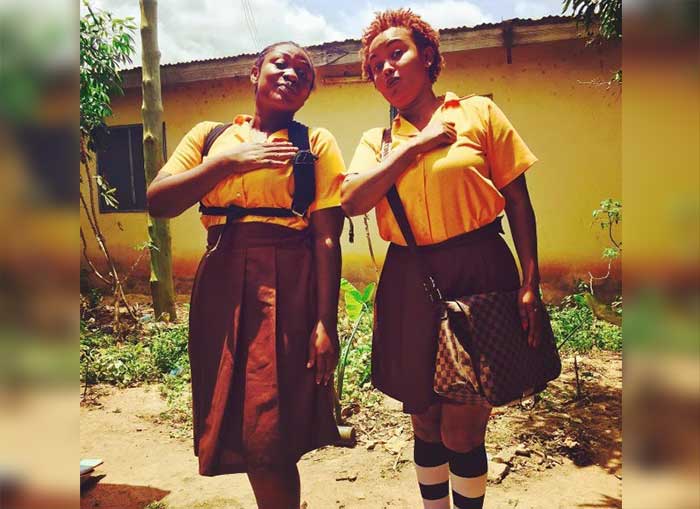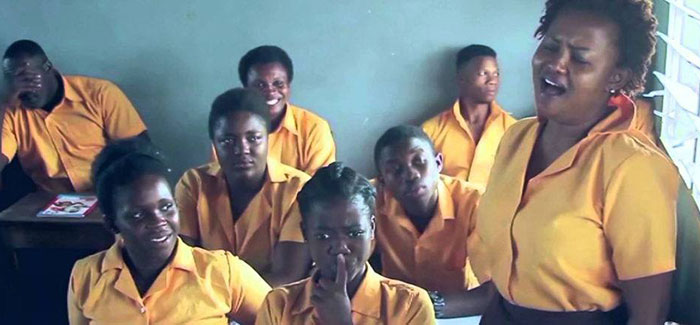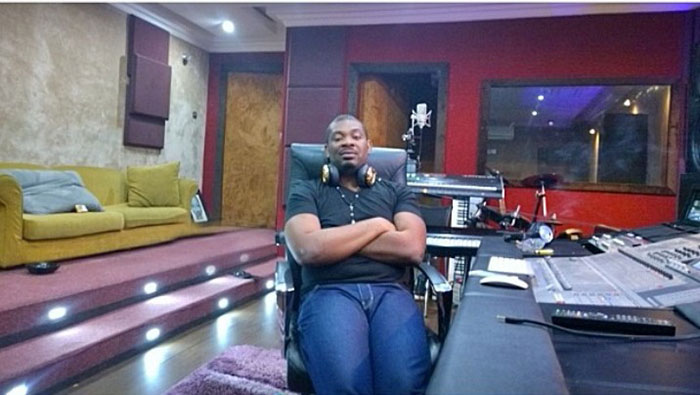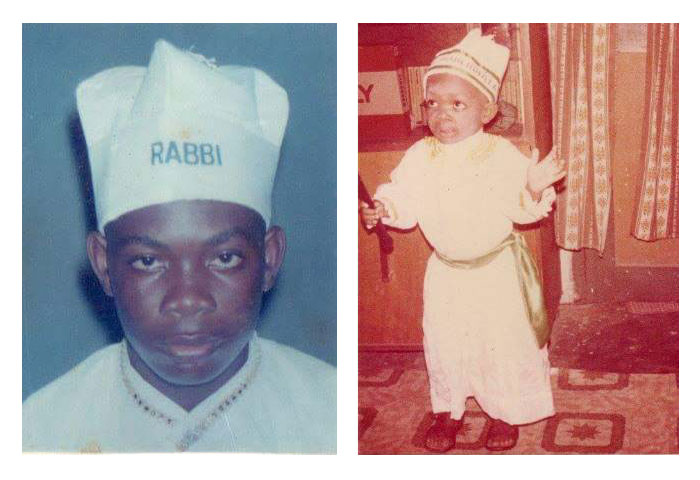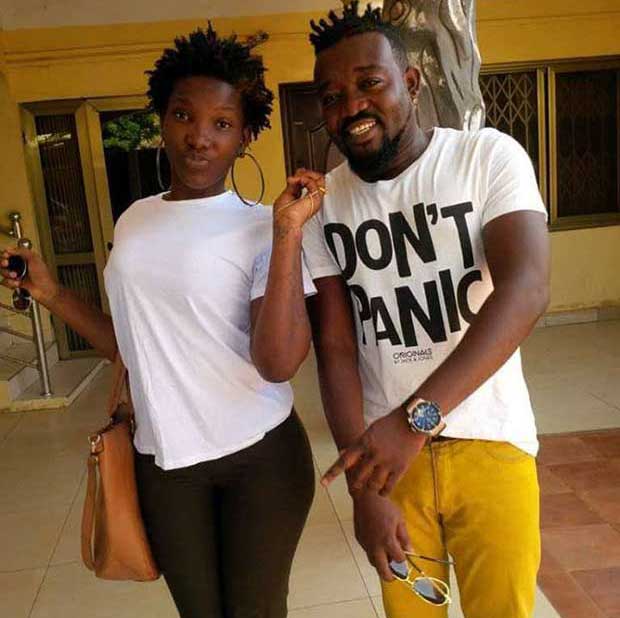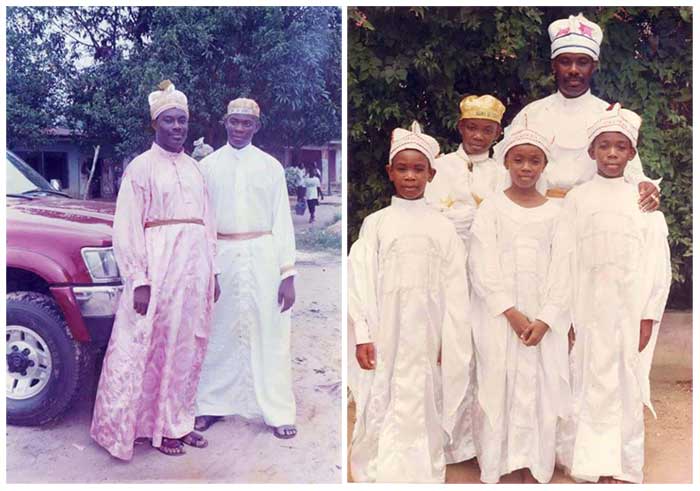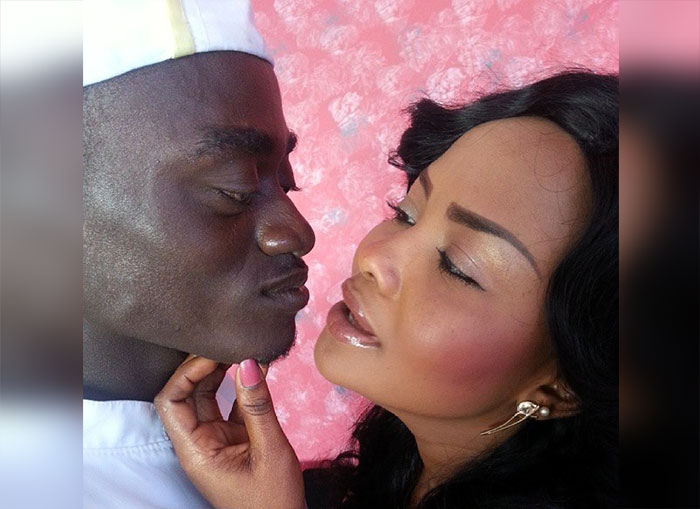Politics
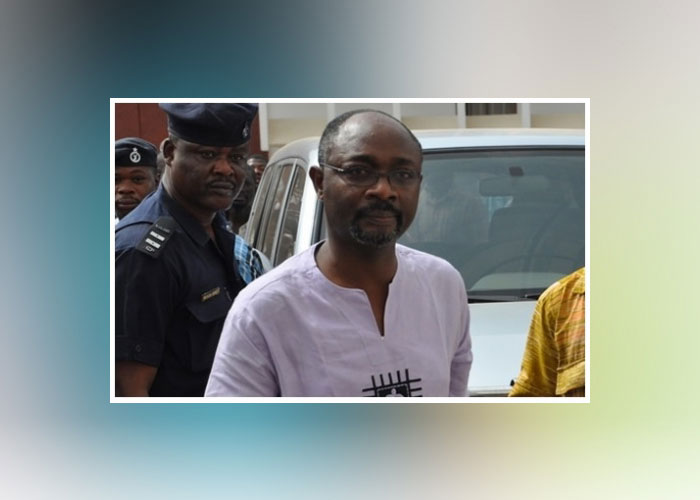
- Super User
- Category: Politics
- Wednesday, 11 March 2015 09:19
He is now a household name as he is known by even children in Ghana.
His name elicits controversy and debate in all circles — politics, academia, offices, social media and homes. A song has even been composed in his name.
Alfred Agbesi Woyome is the name and his fate as to whether or not he fraudulently obtained GH¢51.2 million from the state will be determined tomorrow, March 12, 2015.
He could be imprisoned or freed, depending on where the scales of justice tilt at the High Court, presided over by Mr Justice John Ajet-Nasam.
Woyome was arrested on February 3, 2012 after the Economic and Organised Crime Office (EOCO), which had been commissioned by President John Evans Atta Mills to investigate the payment to him, had implicated him for wrongdoing.
He was first arraigned on February 6, 2012, together with three others.
Three others
The three people suspected to have aided Woyome are a Chief State Attorney, Mr Samuel Nerquaye-Tetteh; his wife, Mrs Gifty Nerquaye-Tetteh, and the Director of the Legal Department of the Ministry of Finance and Economic Planning (MoFEP), Mr Paul Asimenu.
Woyome was initially charged with conspiracy, defrauding by false pretence and corrupting a public officer, while Mr Nerquaye-Tetteh was charged with conspiracy and corrupting a public officer.
Asimenu and Mrs Nerquaye-Tetteh were charged with abetment of crime.
Woyome was alleged to have paid GH¢400,000 to the couple, but they and Mr Asimenu were, on June 5, 2012, freed following the state's filing of a nolle prosequi to discontinue trying them.
Woyome was, however, re-arraigned and charged with two counts of causing financial loss to the state and defrauding by false pretence.
He was, on February 13, 2012, granted a GH¢54 million bail, but his lawyers applied for variation and on February 20, 2012 the bail condition was reviewed and reduced to GH¢20 million.
Indictments, resignations and dismissals
The interim report of EOCO, which was presented to the President on February 2, 2012, also indicted two former government officials under whose watch the procurement process was carried out.
They were Mr Yaw Osafo-Maafo, the Minister of Education, Youth and Sports at the time, and his deputy, Mr O. B. Amoah.
But Mr Osafo-Maafo secured a court order which declared EOCO's investigation of him as illegal.
He also testified in the Woyome case as a prosecution witness and ended his examination-in-chief on July 30, 2012.
A fallout from the Woyome scandal led to the dismissal of the then Attorney-General and Minister of Justice, Mr Martin Amidu, who later managed to secure judgement against Woyome at the Supreme Court.
It also led to the resignation of the then Minister of Education, Mrs Betty Mould-Iddrisu, who, as Attorney-General and Minister of Justice, had recommended that the money be paid to Woyome.
Witnesses
The prosecution called nine witnesses, but Woyome did not call any. He testified on his own behalf.
The crux of the prosecution's case was that Woyome put in false claims by stating he was entitled to the amount because the government had abrogated a contract for the construction of stadia for CAN 2008 when, in fact, there was no such contract.
Woyome, for his part, had argued that he was entitled to the money because a court of competent jurisdiction (Commercial Court) had awarded him a default judgement in 2010 after the state had failed to put in a defence.
Woyome had sued the state for breach of contract relating to the construction of some stadia for the 2008 Africa Cup of Nations hosted by Ghana.
No case submission
On February 27, 2014, Woyome filed a submission of 'no case' after the state had closed its case, but the court, on April 30, 2014, ordered him to open his defence.
He opened his defence on May 6, 2014 and ended on December 12, 2014.
Supreme Court on Woyome's heels
Meanwhile, the Supreme Court is on Woyome's heels to refund the GH¢51.2 million.
The highest court of the land had, on July 29, 2014, ordered Woyome to refund GH¢51.2 million to the state on the grounds that he got the money out of unconstitutional and invalid contracts between the state and Waterville Holdings Limited in 2006 for the construction of stadia for CAN 2008.
It held, in a unanimous decision, that the contracts upon which Woyome made and received the claim were in contravention of Article 181 (5) of the 1992 Constitution of Ghana, which requires such contracts to be laid before and approved by Parliament.
The 11-member court, presided over by the Chief Justice, Mrs Justice Georgina Theodora Wood, was ruling on a review application filed by Mr Amidu.
June 14, 2013 judgement
The court had, on June 14, 2013, directed the international construction firm, Waterville Holdings Limited (BVI), to refund all the money paid to it by the Ghana government on the premise that it had no valid and constitutional contractual agreement with the government.
Waterville is expected to refund 25 million euros it received from the government, following the court's judgement that the said contract it entered into with the government for stadia construction for CAN 2008 was unconstitutional.
Mr Amidu had, in the original suit, prayed the court to order Woyome to refund the money he had received as a result of the void contract the government had entered into with Waterville Holdings.
But the court declined jurisdiction over the issue, with the reason that the Attorney-General was pursuing the matter at the Commercial Court to retrieve the money.
The review
According to the applicant, who filed the application for review on July 12, 2013, he had read the two judgements delivered by the Supreme Court very carefully, along with other Ghanaians of like thinking, and had come to the conclusion that some aspects of the judgement contained "exceptional circumstances that have resulted in what we perceive may constitute a miscarriage of justice".
He said the 1992 Constitution imposed both rights and obligations, particularly under articles 2 and 3, on every Ghanaian citizen to ensure that the constitutional order established by the Constitution was not threatened or by an unlawful means abrogated.
The court, in its July 29, 2014 decision, upheld Mr Amidu's review application and granted his prayer.
Enforcement
The Attorney-General has since filed an application to enforce the Supreme Court's July 29, 2014 judgement.
Hearing of the application has been adjourned indefinitely to enable bailiffs to serve hearing notices on Woyome and Waterville Holdings.
SOURCE: Graphic.com.gh




